
White City All Stars friend Yusuf Garda played for Transvaal in 1956 and captained Transvaal Schools. His highest score was 174!
He has kindly allowed us to republish his essay,
THE ABC OF CRICKET by Yusuf Garda.
The game of cricket is quite simple to those brought up in a cricketing culture and tradition. To the outsider the game of cricket is tedious and mystifying. What is the fascination of the game? To me there is a configuration of events and episodes in the game which have a charm of their own.
To me the most beautiful aspect of cricket is a stylish batsman: one who can execute a delightful cover-drive or caress a delicate late-cut . I love to see sixes and fours , but no less elegant are the singles that are placed to slice, bisect and tantalize a field. Timing is the hallmark of the genius : a slight movement of the wrist , nimble footwork, and a touch of bat and ball with a sweet sound of cricketing music. Also an important aspect of batting is defence: the face of the blade facing straight and ball gently patted and subdued .
The whole world loves a fast bowler , but more beautiful is the run-up and action and delivery of the fast bowler.So much emphasis has been placed on pace that the world has forgotten the beauty of the spin-bowler. No battle is more entrancing than that of the spinner and the batsman.A left-hand spinner is always elegant and deadly : a right-arm spinner is a delight to watch.
Catches win matches and therefore a top priority of any team should be fielding. A rhythmical in-throw from the boundary earns its own applause . A catch on the boundary is an artist's delight; but a catch taken at slip is in a class of its own. The wicket-keeper's job requires the greatest concentration, and his consistency or acrobatics can determine the fate of a match.
The captain controls the pace and momentum of the game.His shrewdness, incisiveness and strategy are vital to the outcome of a game. A good captain inspires his players to greater heights so that a team of average mediocre cricketers coalesce into a team of formidable cricketers. A team that is star-studded often performs as self-centred individuals , lacking in unison and harmony.
The umpires are vital to a cricket match : their neutrality and integrity should be impeccable. They will and should earn the respect of players and crowd. Umpires do make mistakes but the umpire whose decisions are governed or coloured by patriotism or bias is bound to earn the wrath of players and crowds .
A crowd is an indispensable part of a cricket match. Spectators are moody, fickle and generous. A cricket match without spectators is like a Churchillian speech without an audience. Players are advised never to taunt a crowd. A standing ovation and applause from the crowd are music to a cricketer.
When all factors combine rightly in a cricket match: "the whole consort dancing together," we witness a great match in which the last man has to score 10 in the last two overs ten minutes before 6 0' clock. This is the climax of a cricket match: here are high emotions and ecstacy. And you find yourself unconsciously murmuring to yourself:
"There's a breathless hush in the close tonight,
Ten to make and a match to win,
A bumping pitch and a blinding light,
An hour to go and the last man in.
Play up! play up! and play the game."
The man who does not have the music of cricket in his soul is fit only for treason.





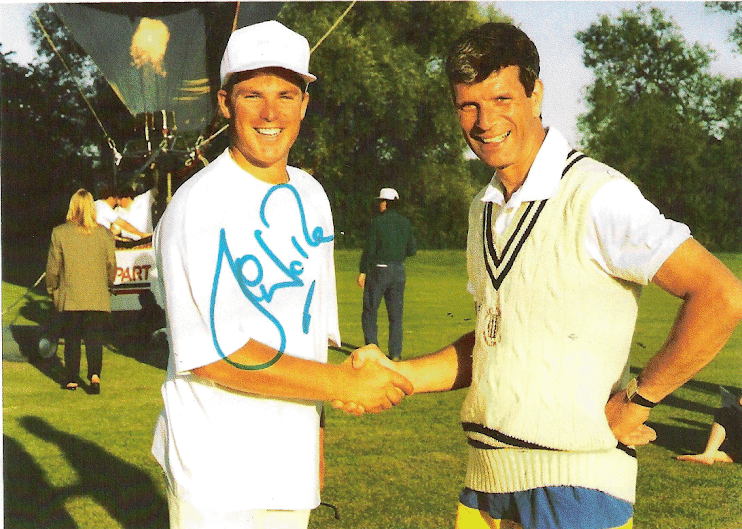
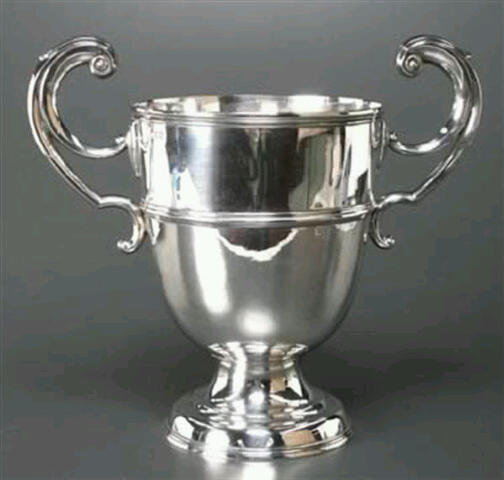
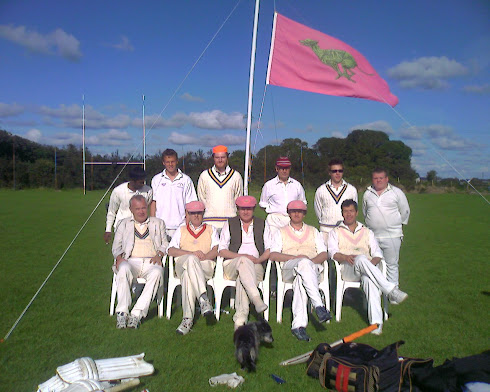



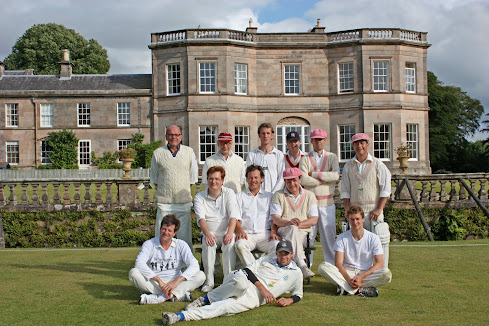



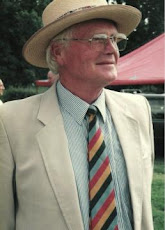






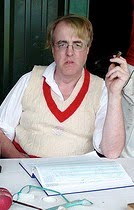














No comments:
Post a Comment